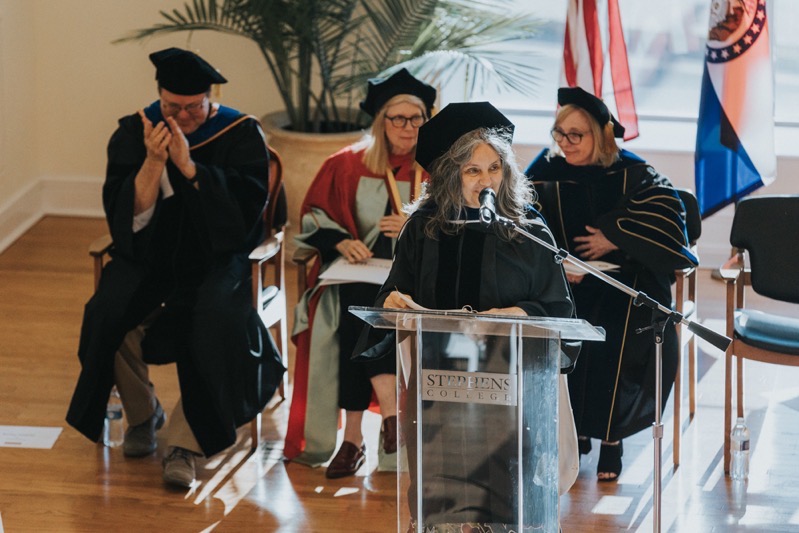If you love seeing dinosaurs come to life on screen and you think they first appeared on screen in Jurassic Park, think again. In 1926 renowned screenwriter-director Marion Fairfax adapted Arthur Conan Doyle’s novel The Lost World to the screen complete with the most advanced special effects of the time. It was an amazing feat for a filmmaker born in Richmond, Virginia, just ten years after the Civil War (October 24, 1875). While screenwriter Marion Fairfax lived into her 9th decade, seeing the administration of a second President Johnson, she only worked in Hollywood from the eras of Woodrow Wilson through Calvin Coolidge (1915-1926) despite being a powerhouse writer-director of her day.
Read Marion Fairfax Put Dinosaurs on Film Before Spielberg or Crichton Were Born
Read about more women from early Hollywood
Podcast: Play in new window | Download
Subscribe: RSS



![14 Inspector Morse, Young and Old from The Doctor Who Changed the TV Universe – Dr. Rosanne Welch [Video]](https://rosannewelch.com/wp-content/uploads/2023/05/sdwhocon-2022-dwtv-14.jpg)

![13 Writing and Acting Crossovers from The Doctor Who Changed the TV Universe – Dr. Rosanne Welch [Video]](https://rosannewelch.com/wp-content/uploads/2023/04/sdwhocon-2022-dwtv-13.jpg)
![12 Downton Abbey, Sherlock, and Doctor Who from The Doctor Who Changed the TV Universe – Dr. Rosanne Welch [Video]](https://rosannewelch.com/wp-content/uploads/2023/04/sdwhocon-2022-dwtv-12.jpg)
![11 Gloalizing The Story from The Doctor Who Changed the TV Universe – Dr. Rosanne Welch [Video]](https://rosannewelch.com/wp-content/uploads/2023/03/sdwhocon-2022-dwtv-11.jpg)
![Doctor Who in Hollywood from The Doctor Who Changed the TV Universe – Dr. Rosanne Welch [Video]](https://rosannewelch.com/wp-content/uploads/2023/03/sdwhocon-2022-dwtv-10.jpg)
![09 90210 and Baywatch from The Doctor Who Changed the TV Universe – Dr. Rosanne Welch [Video]](https://rosannewelch.com/wp-content/uploads/2023/03/sdwhocon-2022-dwtv-09.jpg)
![08 Going Global from The Doctor Who Changed the TV Universe – Dr. Rosanne Welch [Video]](https://rosannewelch.com/wp-content/uploads/2023/03/sdwhocon-2022-dwtv-08.jpg)